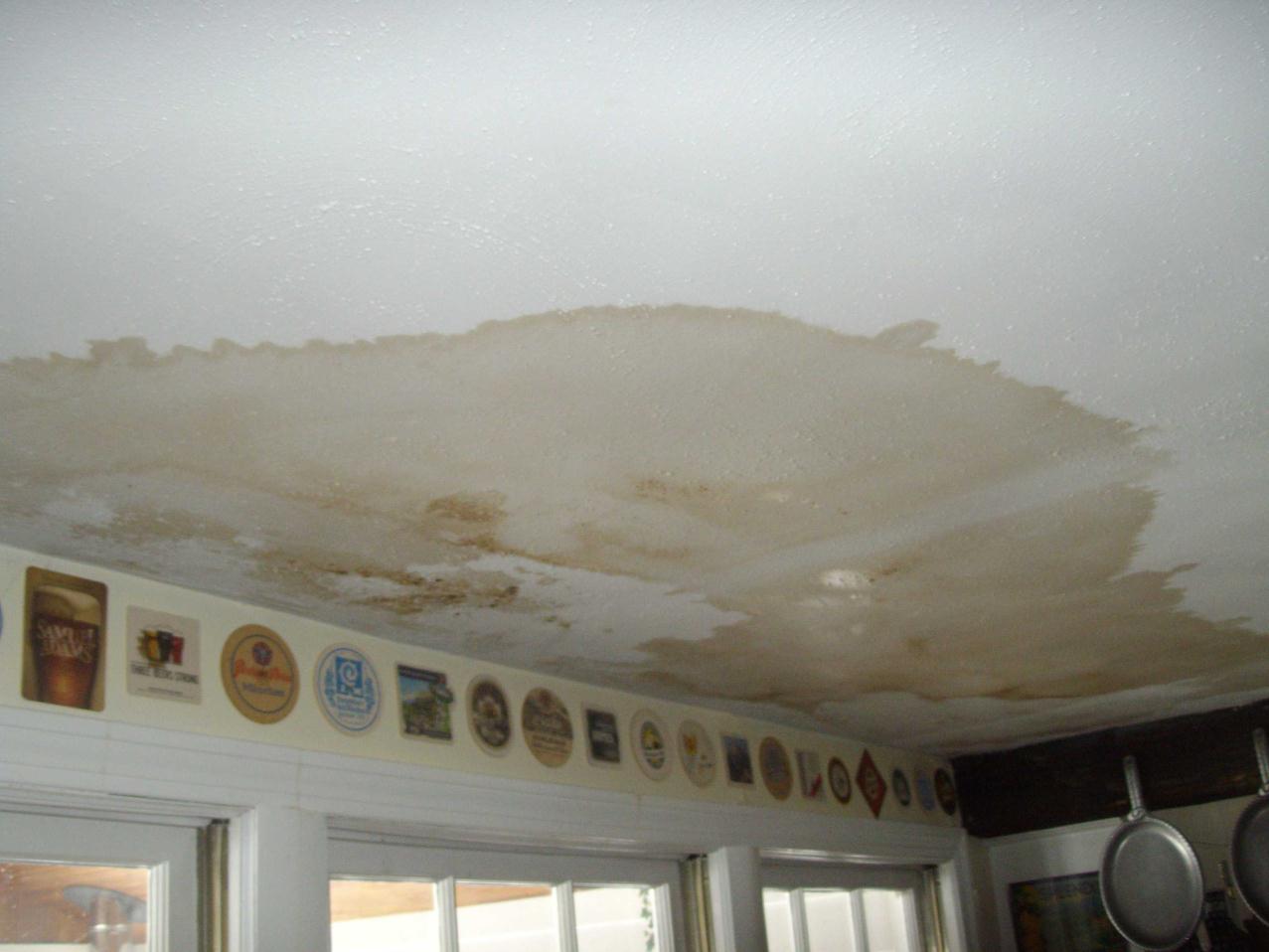Do's & Don'ts of Water Damages.
Do's & Don'ts of Water Damages.
Blog Article
Were you interested in guidance on Fire And Water Damage Prevention?

Water provides life, water invasion on components where it's not meant to be can result in damage. Residences with water damages smell moldy and old.
Water can originate from numerous sources such as tropical storms, floods, ruptured pipes, leakages, as well as sewage system problems. In case you experience water damage, it would certainly be good to recognize some security precautions. Below are a couple of guidelines on just how to take care of water damages.
Do Prioritize House Insurance Protection
Water damage from flood because of hefty winds is seasonal. You can additionally experience an unexpected flooding when a faulty pipe instantly bursts into your residence. It would be best to have house insurance that covers both acts of God such as all-natural tragedies, and emergency situations like busted plumbing.
Don't Forget to Switch Off Utilities
This reduces off power to your entire residence, protecting against electric shocks when water comes in as it is a conductor. Do not fail to remember to turn off the primary water line valve.
Do Stay Proactive and Heed Weather Alerts
Listen to discharge warnings if you live near a lake, creek, or river . Doing so lowers prospective building damage.
Do Not Ignore the Roofing System
You can stay clear of rainfall damages if there are no holes and leaks in your roofing system. This will stop water from moving down your wall surfaces and soaking your ceiling.
Do Take Note Of Little Leakages
A ruptured pipeline does not occur overnight. You may notice gurgling paint, peeling off wallpaper, water streaks, water stains, or dripping audios behind the wall surfaces. Have your plumbing repaired before it results in massive damages.
Do Not Panic in Case of a Burst Pipe
Maintaining your clearheadedness is crucial in a time of crisis. Panicking will only worsen the issue because it will certainly suppress you from acting fast. When it concerns water damage, timing is vital. The longer you wait, the even more damage you can anticipate. Therefore, if a pipeline bursts in your house, right away shut off your primary water valve to remove the source. After that unplug all electric outlets in the area or switch off the circuit breaker for that part of your house. Call a reputable water damages restoration expert for assistance.
Water gives life, water invasion on components where it's not supposed to be can result in damage. Houses with water damages smell old as well as mildewy.
Water damage from flood fees to hefty winds is seasonal. You might notice bubbling paint, peeling off wallpaper, water touches, water discolorations, or dripping noises behind the walls. When it comes to water damages, timing is vital.
Some Do's & Don't When Dealing with a Water Damage
DO:
Make sure the water source has been eliminated. Contact a plumber if needed. Turn off circuit breakers supplying electricity to wet areas and unplug any electronics that are on wet carpet or surfaces Remove small furniture items Remove as much excess water as possible by mopping or blotting; Use WHITE towels to blot wet carpeting Wipe water from wooden furniture after removing anything on it Remove and prop up wet upholstery cushions for even drying (check for any bleeding) Pin up curtains or furniture skirts if needed Place aluminum foil, saucers or wood blocks between furniture legs and wet carpet Turn on air conditioning for maximum drying in winter and open windows in the summer Open any drawers and cabinets affected for complete drying but do not force them open Remove any valuable art objects or paintings to a safe, dry place Open any suitcases or luggage that may have been affected to dry, preferably in sunlight Hang any fur or leather goods to dry at room temperature Punch small holes in sagging ceilings to relieve trapped water (don't forget to place pans beneath!); however, if the ceiling is sagging extremely low, stay out of the room and we'll take care of it DO NOT:
Leave wet fabrics in place; dry them as soon as possible Leave books, magazines or any other colored items on wet carpets or floor Use your household vacuum to remove water Use TV's or other electronics/appliances while standing on wet carpets or floors; especially not on wet concrete floors Turn on ceiling fixtures if the ceiling is wet Turn your heat up, unless instructed otherwise

As a passionate person who reads about Reducing Your Risk Of Water And Fire Damage At Home, I figured sharing that excerpt was sensible. Sharing is good. One never knows, you may just be helping someone out. Thanks for taking the time to read it.
Report this page